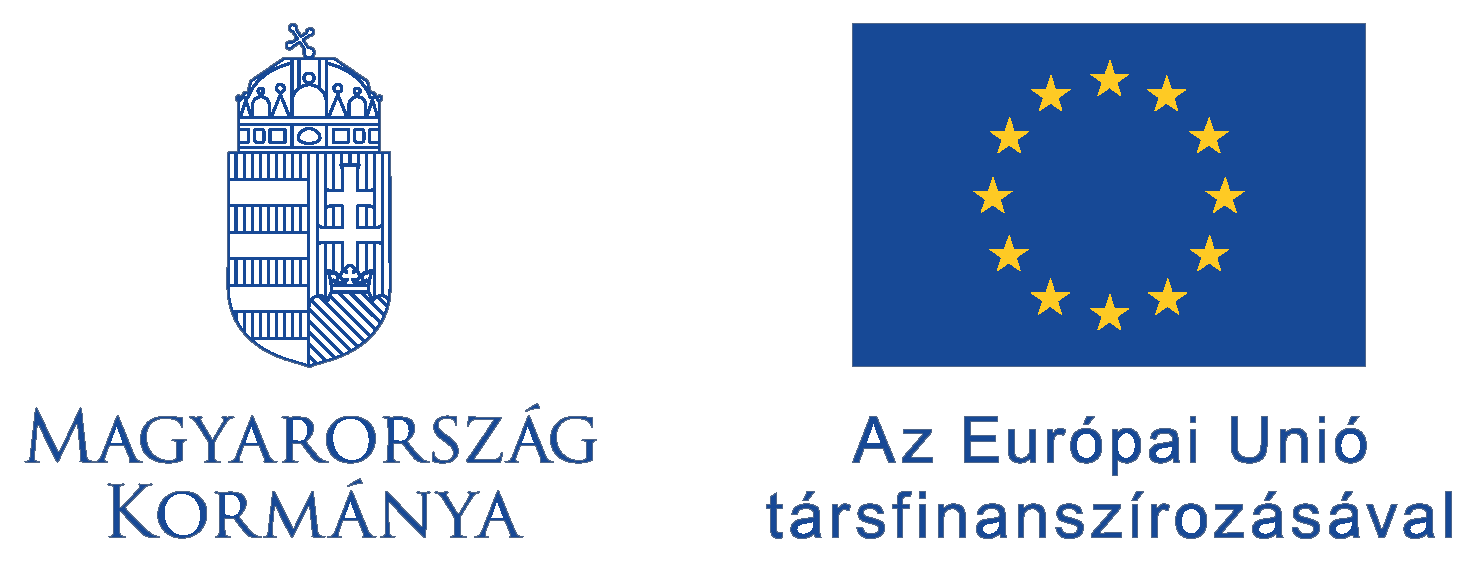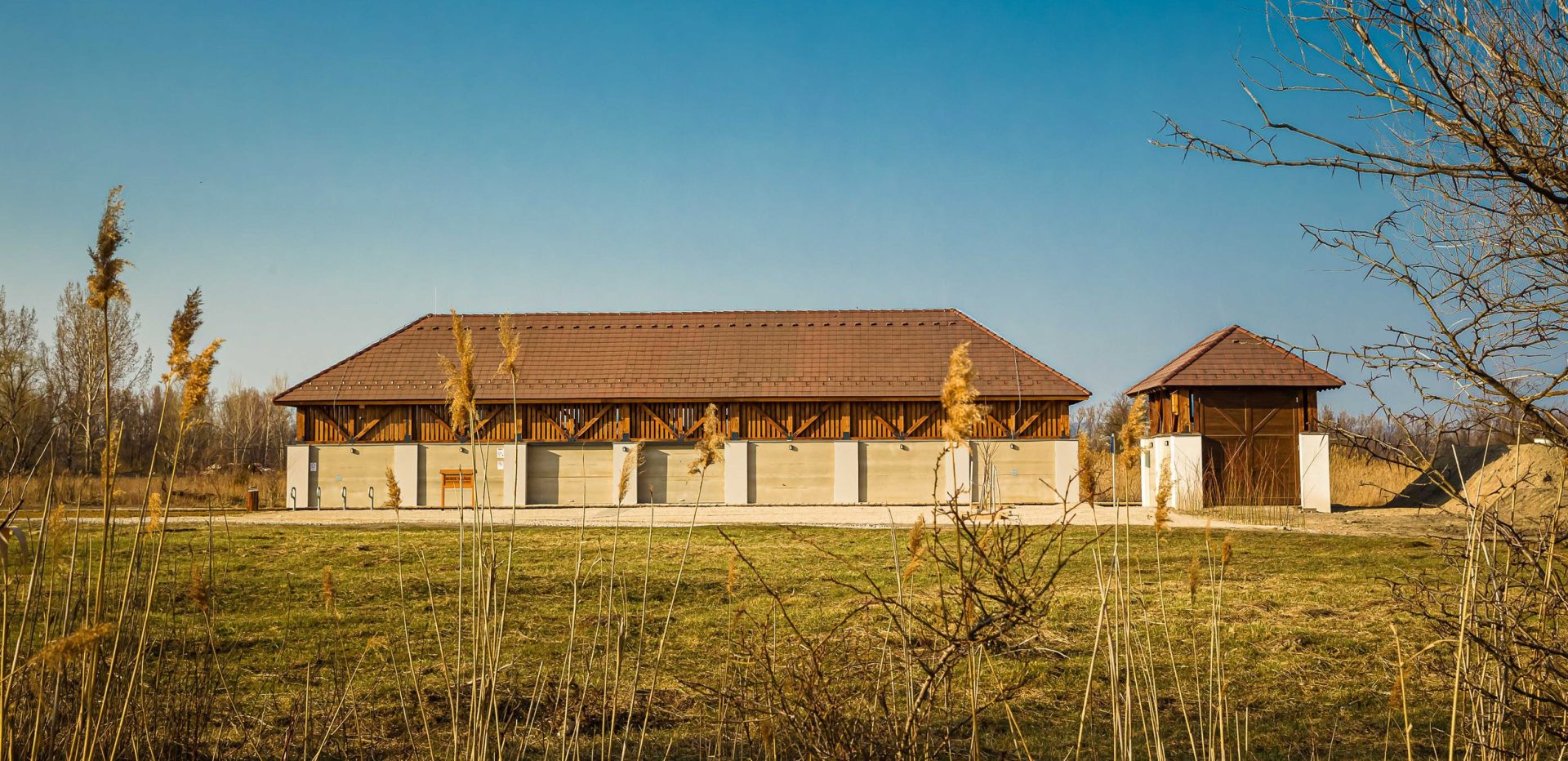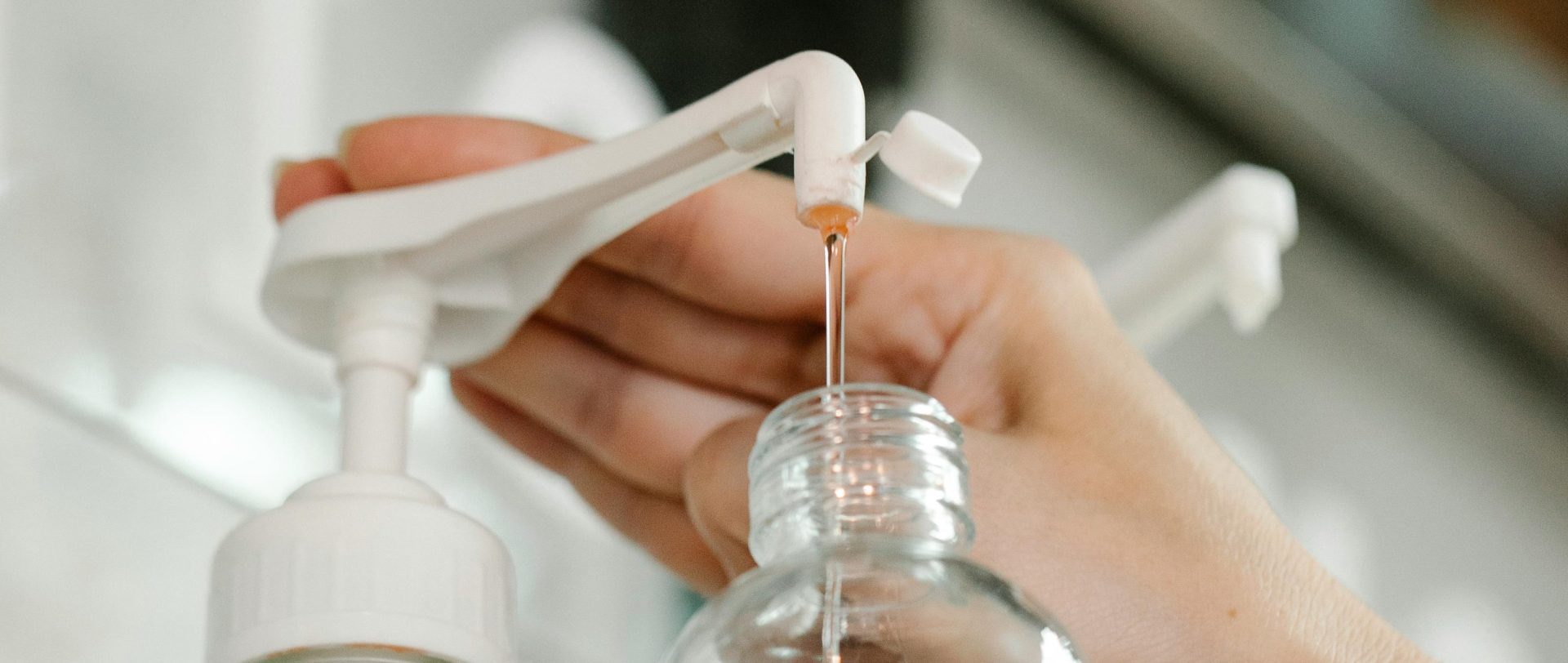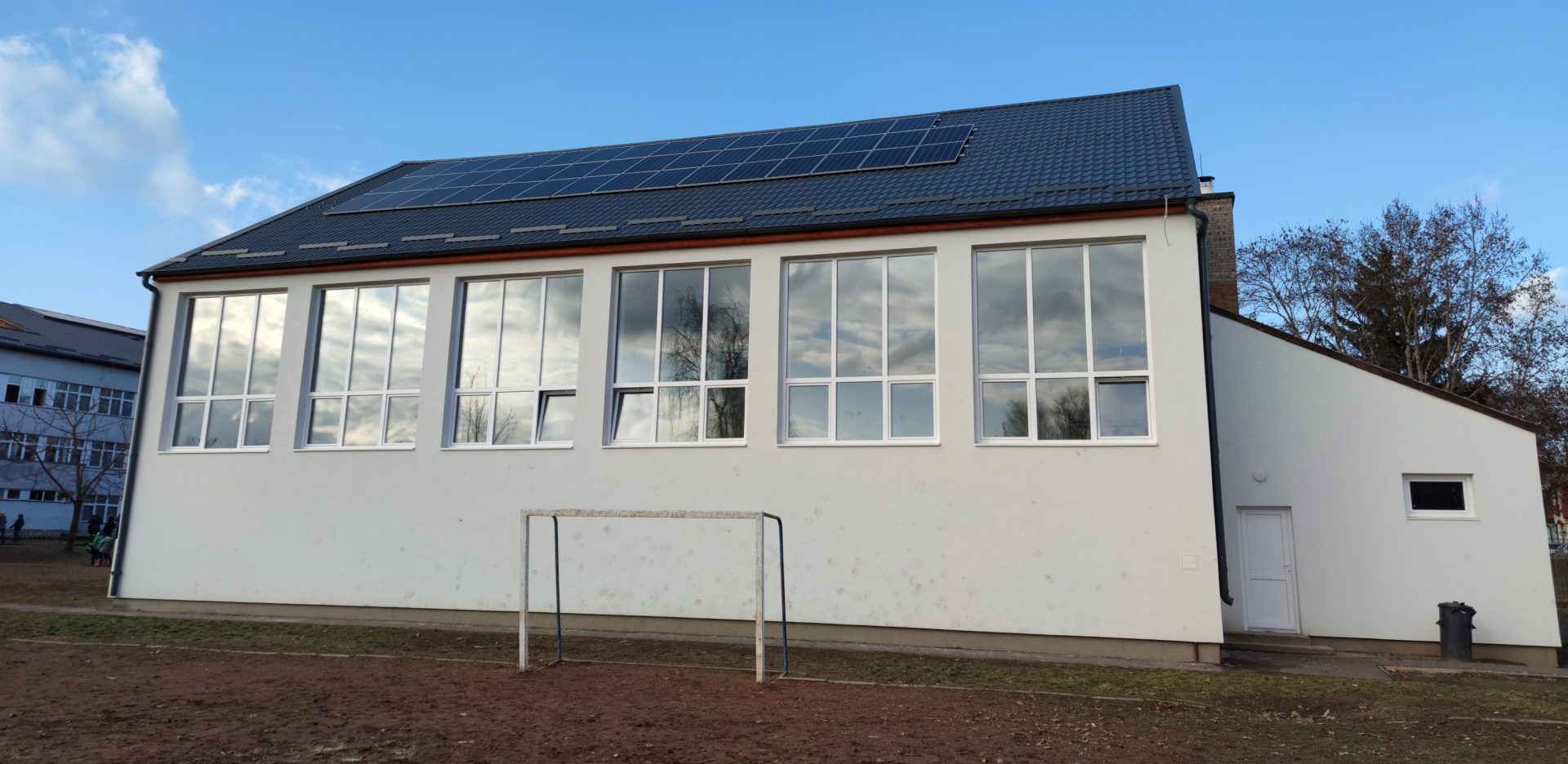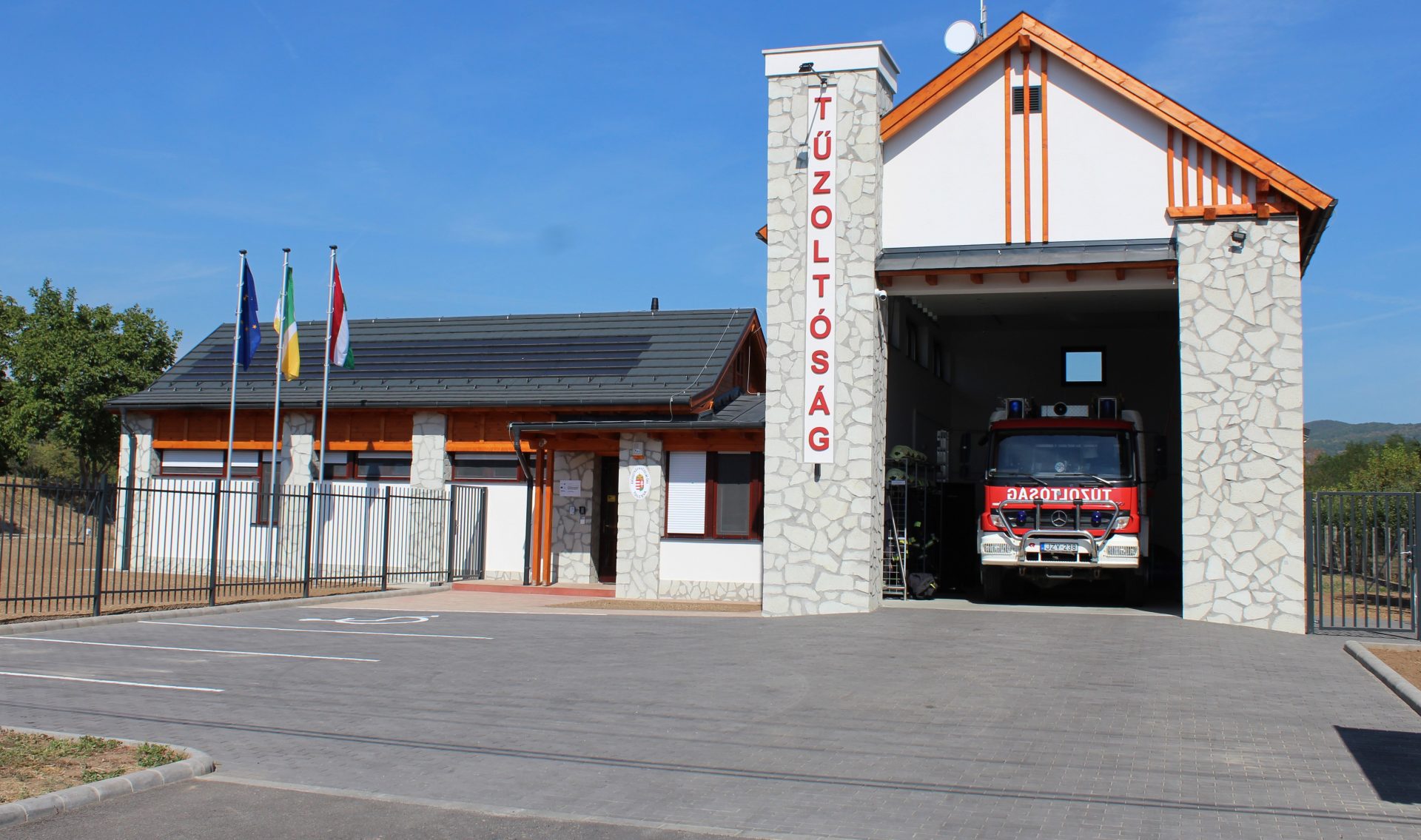In the past years, the Hungarian Maltese Order has made a huge difference in Kunhegyes district, where the Presence model programme, implemented with EU funding, has significantly improved the living conditions, access to services and learning opportunities of the local population. The Maltese programme aims to accompany children from birth to employment, giving them the chance to have a better life than their parents had.
The Hungarian Maltese Order has been present in Kunhegyes, which is the 4th most disadvantaged district in Hungary since 2015 (as a school maintainer, social actor and employment service provider). In the course of their work, they have identified the most pressing problems and implemented a complex, “diagnosis-based” strategy for inclusion in the Presence point in Kunhegyes district, under the project “Helping from birth to vocational training in Kunhegyesi district”.
In the region, early school leaving without qualifications has reached alarming rates, particularly in two villages, in Tiszabő and Tiszabura. There, 2-3 young people complete secondary school in a school year. To address this, a mentoring scheme has been introduced; an after-school service for secondary school pupils has been launched, services have been introduced to promote meaningful leisure time and positive mental health; preventive measures have been g implemented; and career guidance activities are provided for 7th-8th graders.
There is also a significant shortage of professionals in the district and difficulties in accessing services. For this reason, social service provision locations, so-called “Presence Points”, were set up in two municipalities, based on the Presence methodology of the Maltese Order.
The region has a high proportion of families receiving child protection benefit and children in protection, a high number of birth defects and a lack of early diagnosis. To address this, sessions for parents with young children are organised with the involvement of local district nurses, and baby clubs have been set up where parents can interact informally with them.
A further aim was to strengthen the professional relations in the district, enhance cooperation between professionals and to disseminate the Presence approach and methodology, which also ensure the sustainability of the project.
Based on the experience gained in the model programme launched in Kunhegyes district, the diagnosis-based method will be used to continue the inclusion of Roma in the most disadvantaged settlements.
The projects in Tiszabura and Tiszabő were implemented in the framework of the EFOP-1.5.1-17-2017-00002 project, with the involvement of EU funding.
Find out more about the project in the Project Finder: Details


